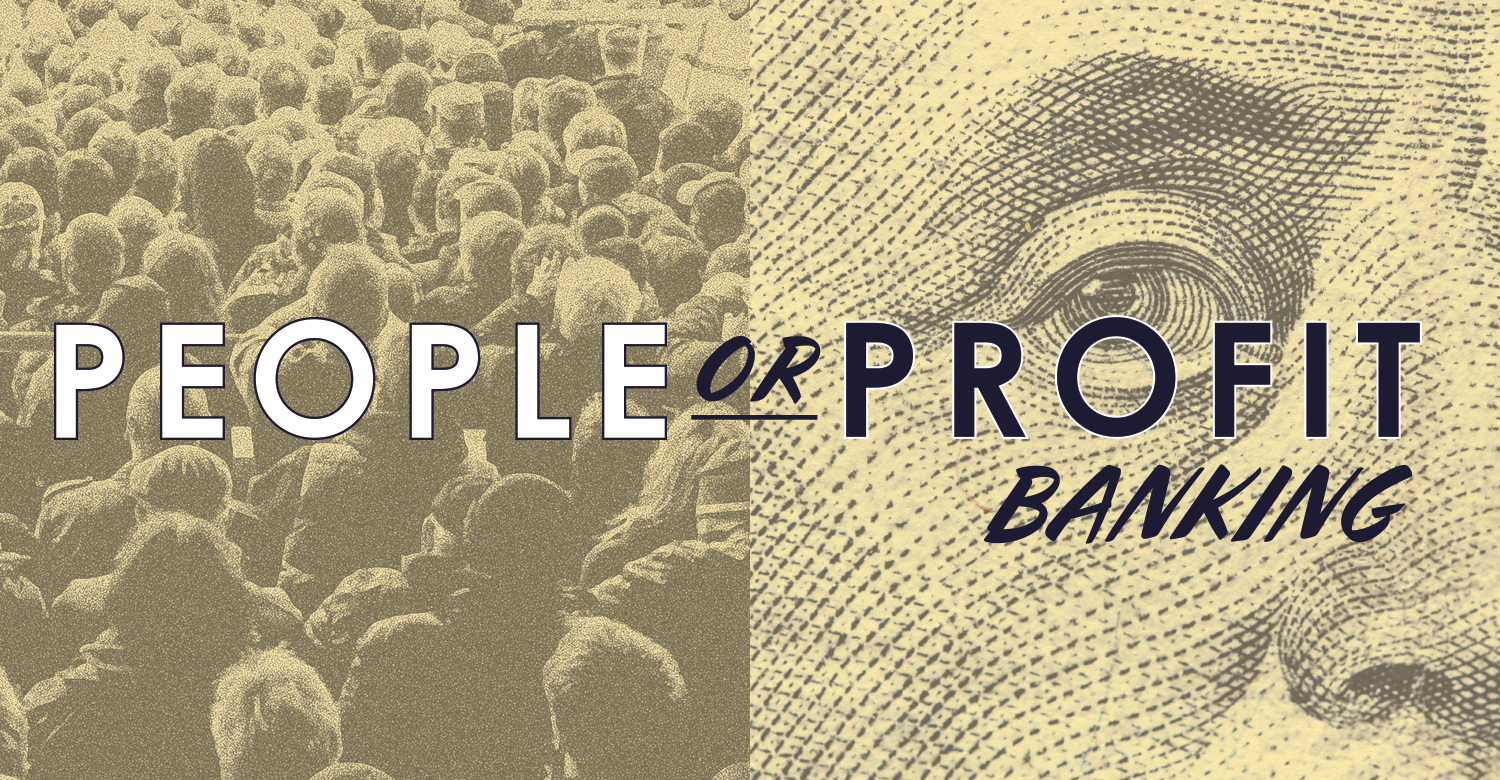
It wasn’t so long ago that the fastest way to make your parents proud was to get a job at a bank. Banks provides career stability and a certain je ne sais quoi that’s been attracting great minds for decades – maybe even centuries. Historically, a job at the bank was something to be envied. Is this still true?
If you’re considering a career move and curious about banking, here’s some food for thought.
What’s the Opportunity for Growth?
A career with a bank is like investing your money in the mutual funds that they curate. Both are low-risk propositions that will progress at a steady pace.
Is the Company Innovating?
There’s no real way around this one – Canadian banks are not known for innovating. Sure, they’ve moved online, but you’d be hard-pressed to find someone who enjoys the experience of online banking. It’s just a miserable user experience. Luckily, the banks’ failure to adapt has opened the door for a new type of company: The FinTechs. Short for “Financial Technology,” these companies are leveraging technology to disrupt finance and banking. They’re also a popular segment amongst VCs and other investors.
Is the Company for People or Profit?
The banking business model is simple: make money. First, banks charge their patrons for storing their money. This comes in the form of monthly fees and surcharges. Then, they invest their patrons’ money and keep the returns. In other words, the upside belongs completely to the bank.
That said, all this revenue enables banks to be seen as some of society’s most charitable donors. They make a practice of giving back by donating to charities and sponsoring events, from marathons to little league teams. The question you need to ask yourself is whether that’s enough to offset the relentless pursuit of profit?
The Big 5 Canadian banks charge between $45 and $48 for a NSF (non-sufficient fund) transaction. Since being in this situation means you’re likely low on cash in the first place, an extra charge is really a nice eff-you from your trusted financial institution.
If you’d rather join a company that actually serves its customers, let me introduce you to one of the aforementioned FinTech companies: KOHO. Unlike the banks, which have seen virtually zero growth over the last year, KOHO has grown their team by 52% since December 2019. Why are they growing so quickly? I’m glad you asked.
A career with KOHO means you’re supporting financial independence and transparency for Canadians.
KOHO’s prepaid VISA card works like a debit card, but with the perks and ease of a credit card. This means consumers can’t spend money they don’t have, they can’t rack up interest like they might with a credit card, but they can use the card anywhere that accepts VISA and earn cash-back rewards just like with a credit card.
In 2019, RBC made $35 million – in profit – per day. That worked out to $758 per customer. Despite this juicy profit, Canadians still pay an average of $159 in banking fees per year.
Unlike having an account with the bank, KOHO users pay nothing. Zip, nada, zero. Their premium plan costs $84 a year and includes financial coaching plus 2% cash back on transportation, groceries and restaurants. In other words, by spending over $350 a month on these categories, the card pays for itself.
If KOHO’s no-fees mandate (not to mention their very stylish prepaid VISA card) hasn’t sold you, their Early Payroll feature will. To go the extra mile (kilometer!) to help Canadians avoid debt, users can get a $100 cash advance up to 3 days before payday – with no interest. When cash is tight, KOHO’s there to lend a hand.
Land a job with this KOHO and you’ll learn a ton while doing good things for your country. Check out their careers.
Next week, we’ll check out another up and coming Canadian company that’s reinventing banking.
